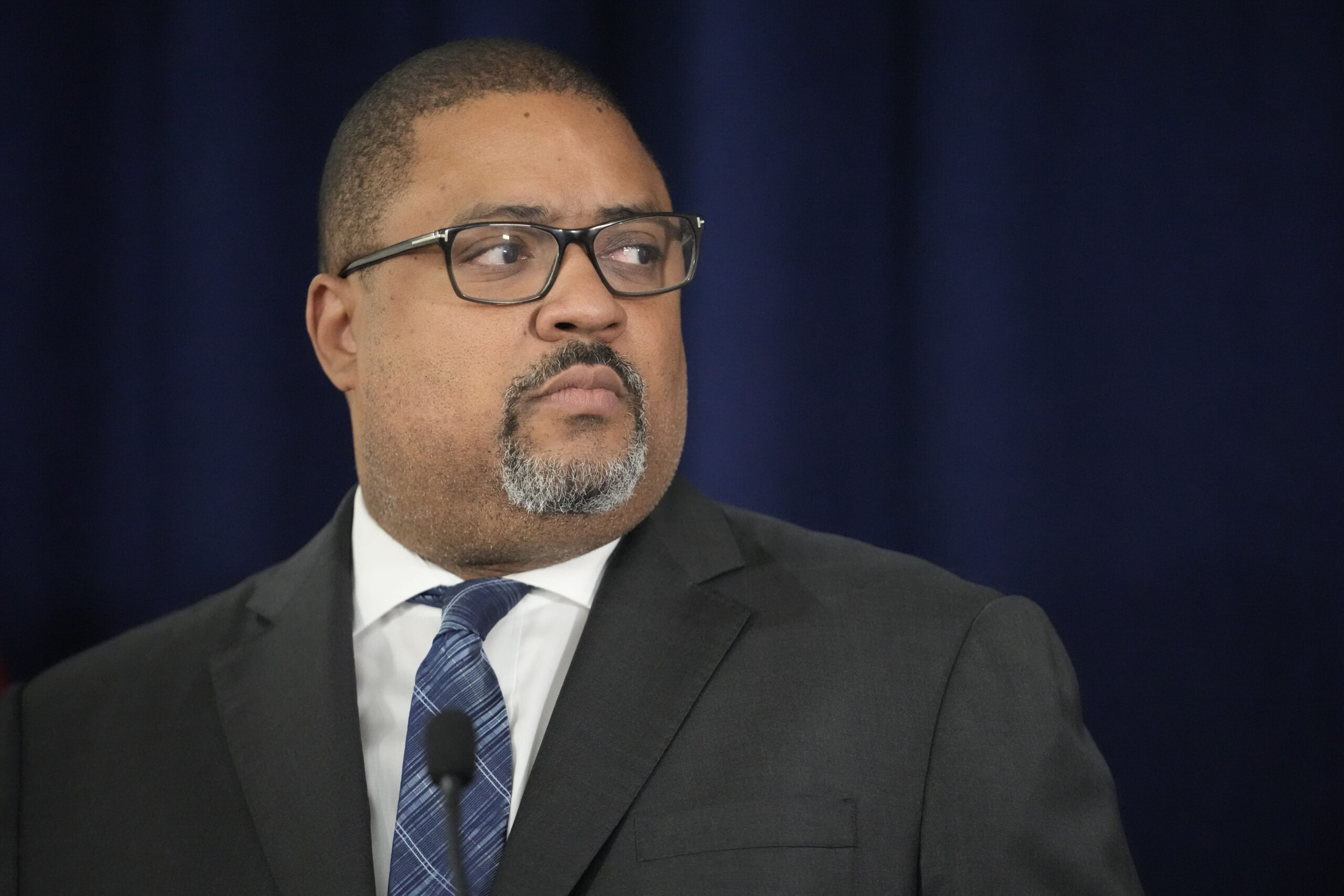In a surprising legal development, New York prosecutors have filed a request to delay further proceedings in the criminal case against President Donald Trump until 2029, following the conclusion of his second term in office. The request has sparked sharp debate over the balance between legal accountability and respect for the presidency. Meanwhile, Trump’s legal team is preparing a motion to dismiss the case entirely, citing presidential immunity and other legal defenses.
Background of the Case
The case stems from allegations that Trump falsified business records to conceal a $130,000 payment to adult-film actress Stormy Daniels during the 2016 presidential campaign. Prosecutors argue that the payment was intended to influence the election by silencing Daniels, and Trump was charged with 34 felony counts of falsifying business records.
In May 2024, a Manhattan jury convicted Trump of these charges, making him the first former U.S. president to face a criminal conviction. Sentencing was initially scheduled for November 26, 2024, but recent developments have delayed the proceedings, adding further complexity to an already contentious case.
Prosecution’s Request for a Stay
Manhattan District Attorney Alvin Bragg’s office has argued that a stay until 2029 is necessary to avoid interfering with Trump’s duties as President during his second term. Prosecutors maintain that their goal is to balance accountability with respect for the Office of the President.
In their filing, prosecutors emphasized their opposition to dismissing the case outright, stating, “This case reflects a clear violation of state law, and accountability must be ensured regardless of the defendant’s position.”
Trump’s Defense Strategy
Trump’s legal team plans to file a motion to dismiss the case entirely. Central to their argument is the claim that Trump’s actions fall under presidential immunity, particularly following a recent Supreme Court ruling that grants former presidents protection from prosecution for official acts. Trump’s attorneys also argue that the charges are politically motivated and lack sufficient merit to warrant continued proceedings.
In a statement, Trump described the case as “a political witch hunt,” reiterating his long-held belief that legal actions against him are designed to undermine his political influence.
Potential Implications
If the court grants the prosecutors’ request for a stay, it would effectively postpone sentencing until Trump leaves office in 2029. Such a delay would set a significant precedent, potentially altering how legal cases against sitting presidents are managed in the future.
However, if the defense successfully moves for dismissal, it would represent a major legal victory for Trump and could bolster his claims of political persecution. Legal experts suggest that Judge Juan Merchan’s forthcoming decisions on both the stay and the motion to dismiss will have far-reaching implications for both Trump and the broader legal landscape.
Legal and Political Context
This case is one of several legal challenges facing Trump. While federal cases may be influenced by his return to the White House, state-level cases like this one proceed independently. The New York case is particularly significant due to its implications for campaign finance laws and the accountability of public officials.
Observers also note that the case’s resolution—or lack thereof—could shape public perceptions of Trump’s presidency and influence the political landscape in the years to come.
Sources
- The Sun: Donald Trump celebrates ‘total victory’ after hush money sentencing potentially delayed until he leaves office in 2029
- NY Mag: Donald Trump’s New Sentencing Date: 2029?
- Reuters: Prosecutors oppose dismissing Trump’s hush money case



